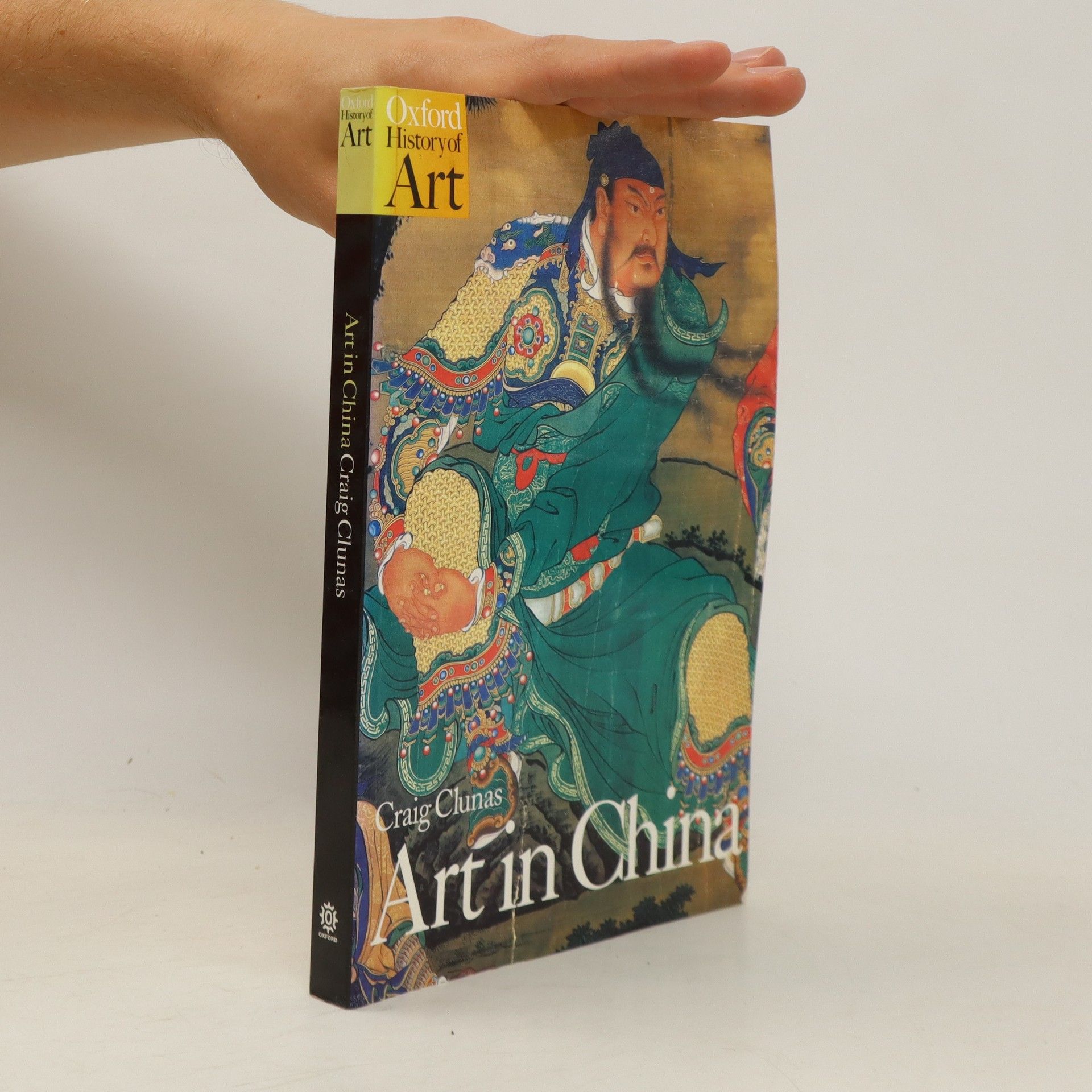China can boast a history of art lasting 5,000 years and embracing a huge diversity of images and objects - jade tablets, painted silk handscrolls and fans, ink and lacquer painting, porcelain-ware, sculptures, and calligraphy. They range in scale from the vast 'terracotta army' with its 7,000or so life-size figures, to the exquisitely delicate writing of fourth-century masters such as Wang Xizhin and his teacher, 'Lady Wei'. But this rich tradition has not, until now, been fully appreciated in the West where scholars have focused their attention on sculpture, downplaying art more highlyprized by the Chinese themselves such as calligraphy. Art in China marks a breakthrough in the study of the subject. Drawing on recent innovative scholarship and on newly-accessible studies in China itself Craig Clunas surveys the full spectrum of the visual arts in China. He ranges from the Neolithic period to the art scene of the 1980s and 1990s,examining art in a variety of contexts as it has been designed for tombs, commissioned by rulers, displayed in temples, created for the men and women of the educated ilite, and bought and sold in the marketplace. Many of the objects illustrated in this book have previously been known only to a fewspecialists, and will be totally new to a general audience.
Craig Clunas Libri
